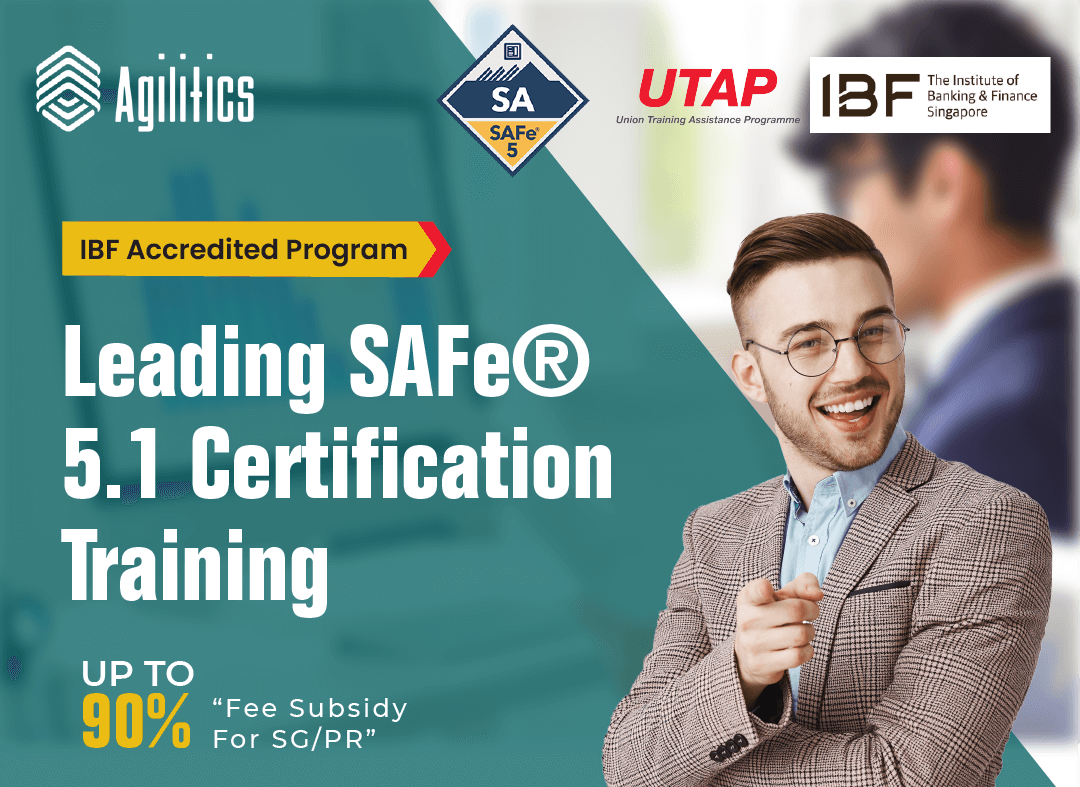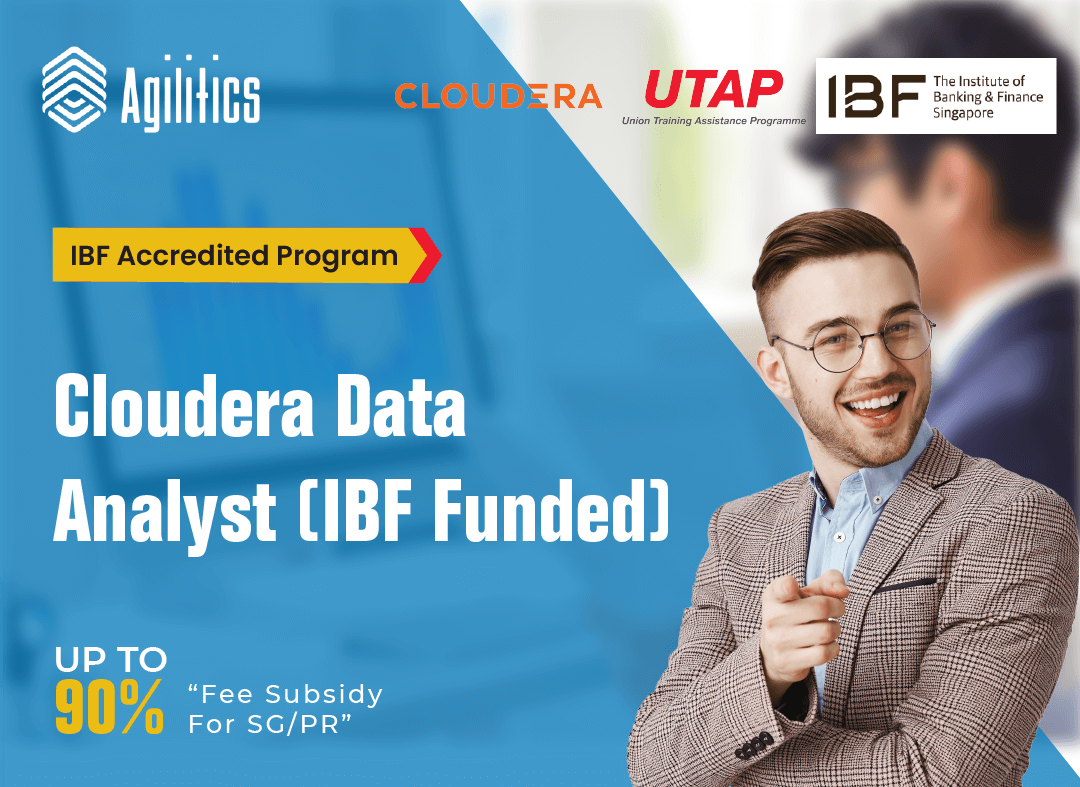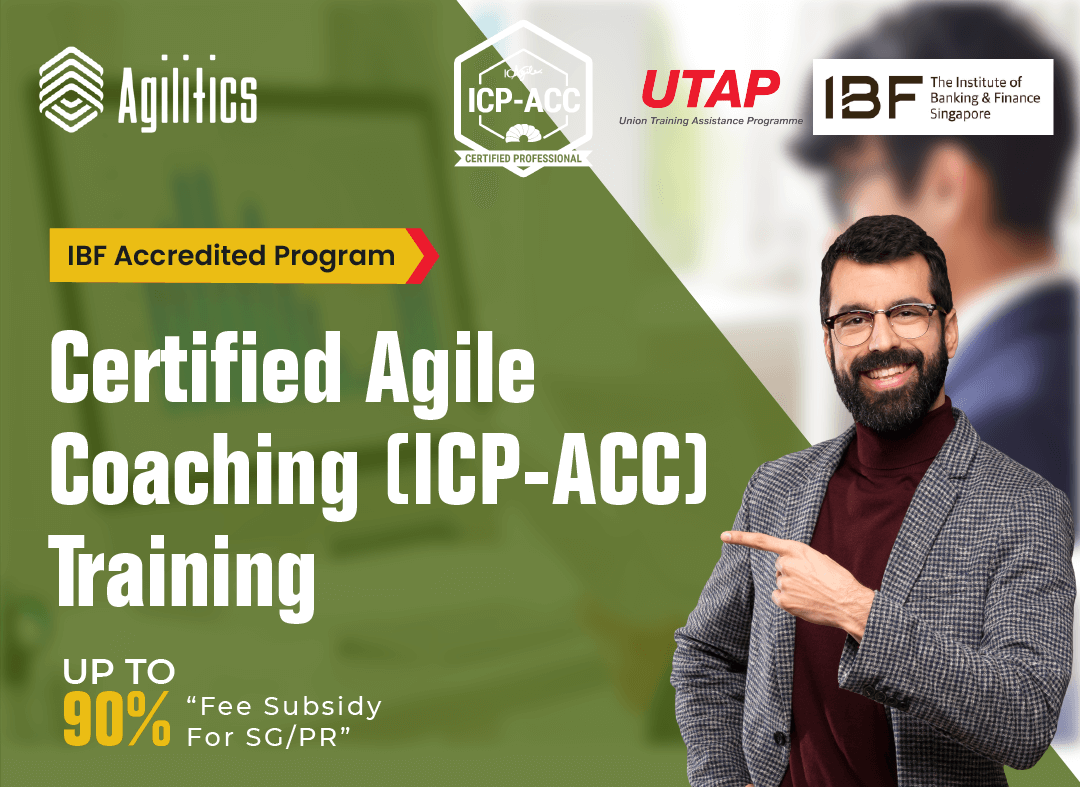
1:1 Coaching
24*7 Support
Cloud Labs
High Success Rate
Globally Renowned Trainer
Real-time code analysis and feedback
Course Description
Lastly, it will delve into identity management and application security for cloud deployments. Students then build on the Certificate in Cloud Security Knowledge (CCSK) Foundation class with a third day of training that covers expanded material and offers extensive hands-on activities that reinforce classroom instruction. Students engage in a scenario of bringing a fictional organization securely into the cloud, which gives them the opportunity to apply their knowledge by performing a series of activities that would be required in a real-world environment.
Learning Objectives
- Prove your competency in key cloud security issues through an organization that specializes in cloud research
- Increase employment opportunities by filling the skills-gap for cloud-certified professionals.
- Demonstrate your technical knowledge, skills, and abilities to effectively use controls tailored to the cloud.
- Learn to establish a baseline of security best practices when dealing with a broad array of responsibilities, from cloud governance to configuring technical security controls.

 Cloud Architecture
Cloud Architecture




